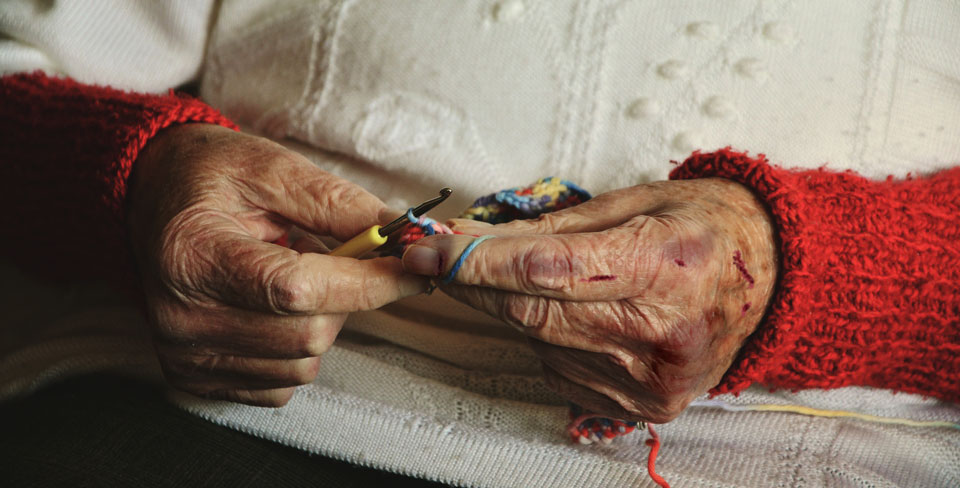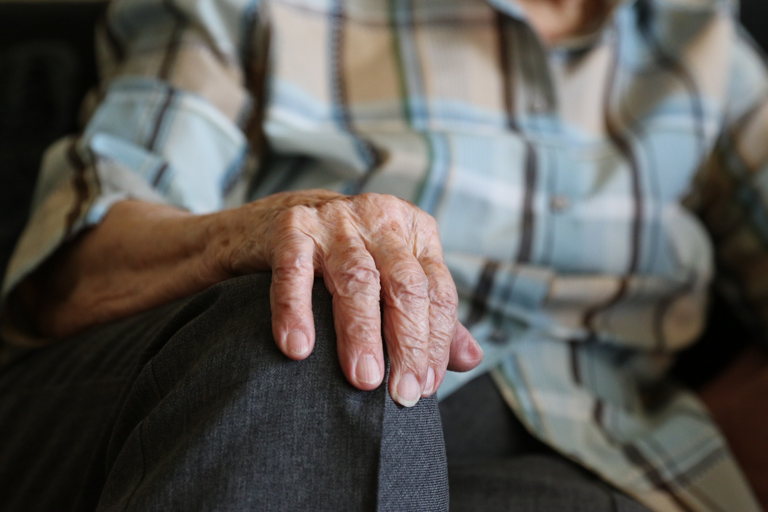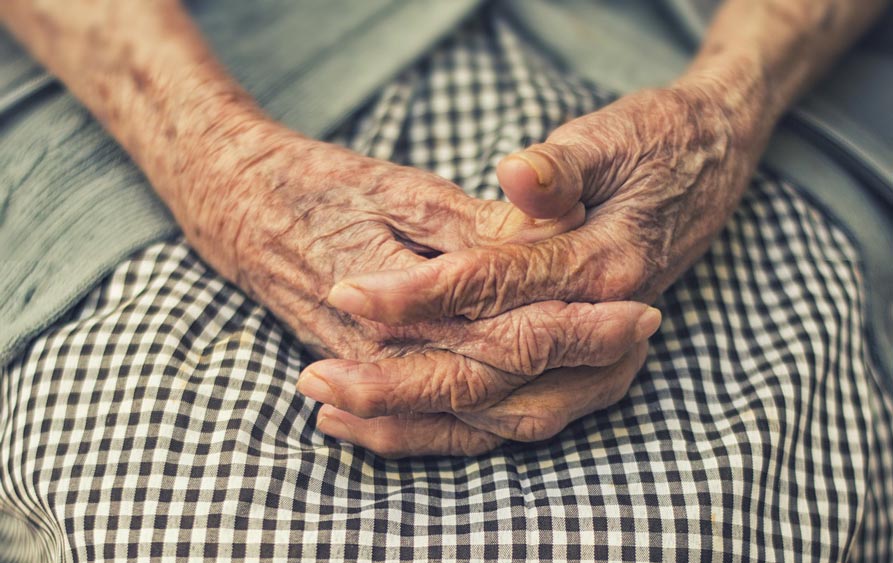5 Red Flags of Nursing Home Abuse
It can be scary to hand over the care of a loved one to a nursing home. Nursing homes don’t always have the best reputation, and there are horror stories all over the web. While you can’t always tell the true safety of a place at first glance, there are red flags to look out […]

Available 24/7
Free Case Review
You won’t pay any fees until we win your case.
It’s easy - you can:





